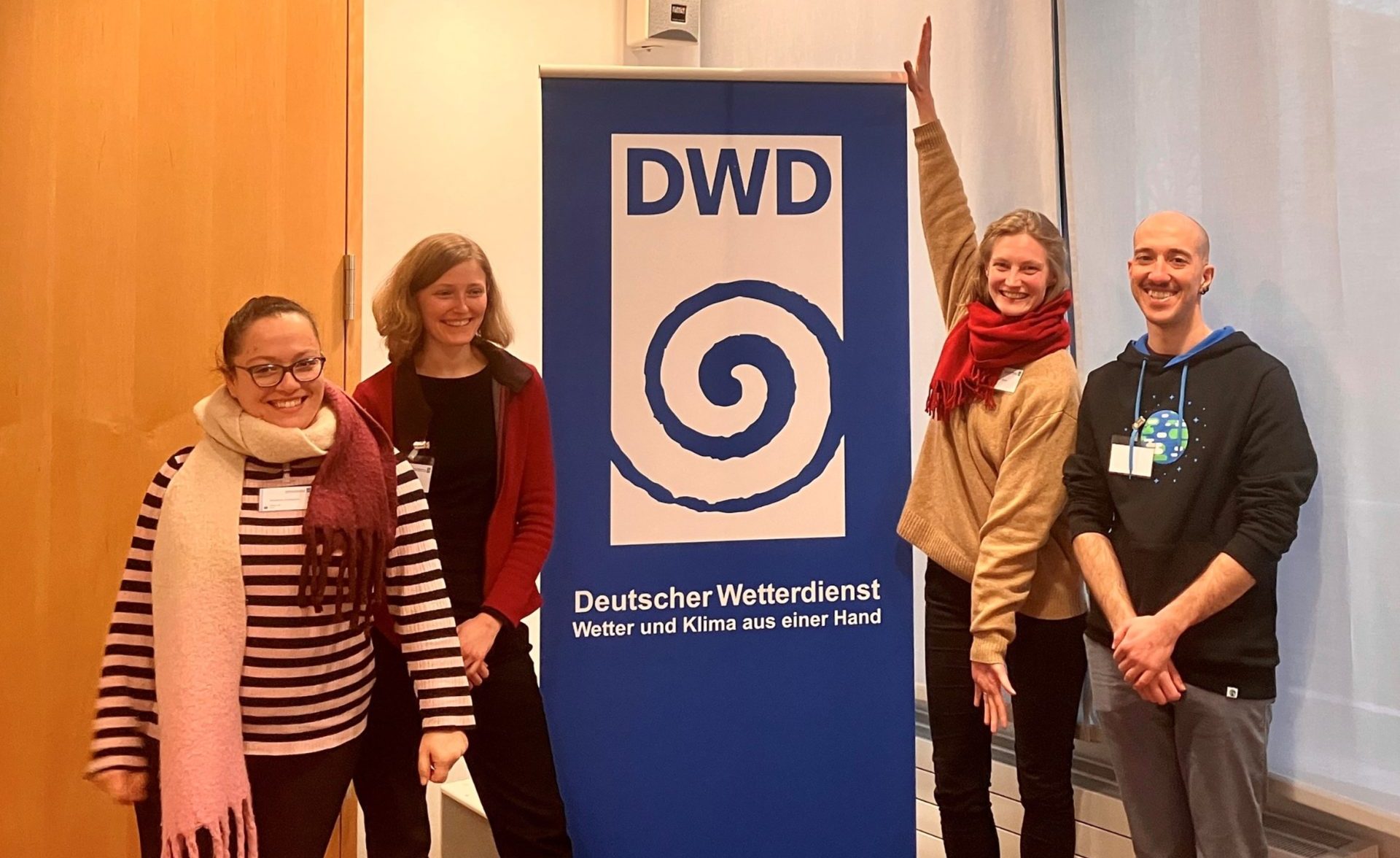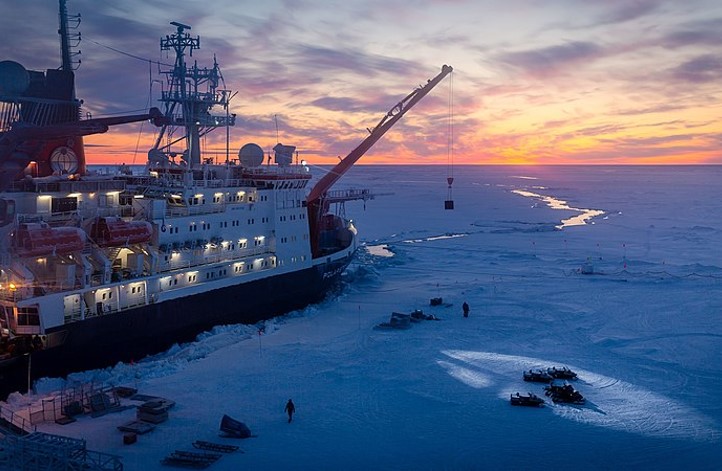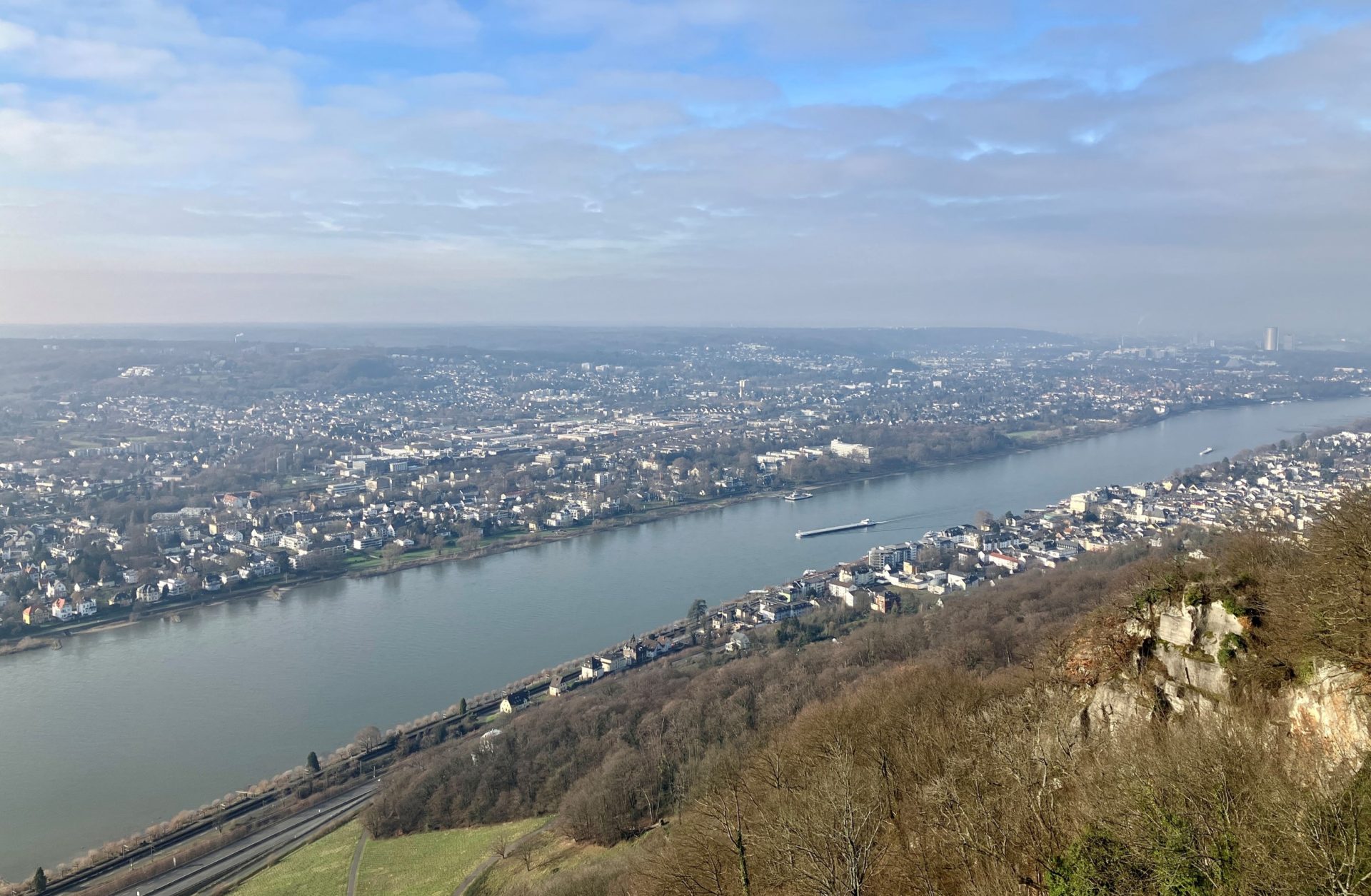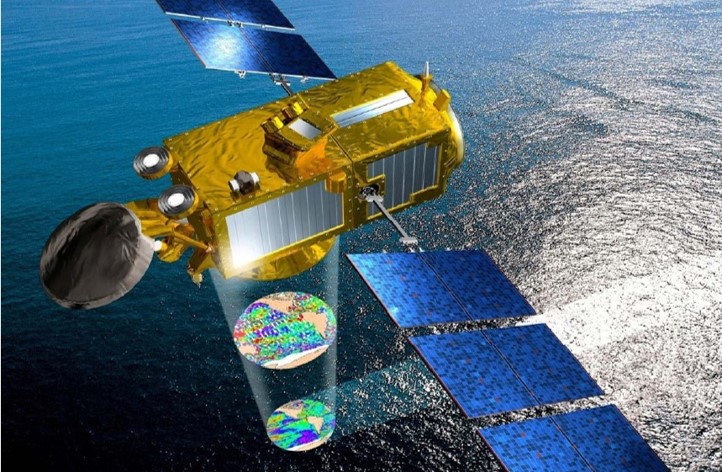NETWORK & COOPERATION
©Shutterstock
The European Centre for Medium-Range Weather Forecasts (ECMWF) is an inter-governmental organisation at the forefront of scientific collaboration, with a primary mission: to develop medium-range weather forecasting capabilities. Established in 1975, the Centre brings together experts from across Europe and beyond to decode Earth’s intricate systems and drive weather prediction quality for societal benefit. Led by General Director Florence Rabier, ECMWF has its headquarters in Reading and sites on Europe mainland in Bonn and its supercomputer facilities in Bologna. ECMWF’s strong ties with member states ensure both financial support and scientific guidance, underpinning its mission to provide vital global weather predictions to safeguard lives and infrastructure.
The CESOC-ECMWF partnership traces its origins back to the establishment of CESOC in October 2020. CESOC was founded with a primary goal: to support Bonn’s bid to host ECMWF’s new premises. This collaboration was instrumental in the successful realisation of ECMWF’s location in Bonn, Germany. Notably, this partnership also led to the creation of four STEP UP! fellowship positions in collaboration with the German Weather Service (DWD), strengthening the ties between research and practical applications. A memorandum of understanding, signed in October 2022, underlines the close partnership also for future activities, such as joint projects, education and trainings as well as exchange of personnel and jointly published research results. Further plans are yet to be developed.
STEP UP! Fellowship programme 2023/24
Within the framework of the STEP UP! Fellowship programme, coordinated by the German Meteorological Service (DWD), four early career scientists started at the ECMWF site in Bonn between January and April 2023. Paolo Andreozzi, Katerina Anesiadou, Luise Schulte and Florentine Weber will be working for initially two years on their respective projects (described below) in close contact with supervisors from ECMWF as well as mentors from CESOC. Through this bridge, CESOC will provide ECMWF and the fellows with links to local research infrastructures and large collaborative research projects. An article about the programme and the individual topics can be found in the ECMWF spring newsletter 2023.

Selected fellows of the STEP UP! Fellowship Programme 2023/24 during the Kick-Off Event at DWD in Offenbach, end of January. From left: Katerina Anesiadou, Luise Schulte, Florentine Weber, Paolo Andreozzi.
Modelling water in Arctic clouds
Modelling the regional water cycle and temperature in urbanised areas
Use of altimeter measurements in a coupled data assimilation system
Meteorological effects of atmospheric composition
“Modelling water in Arctic clouds”
– Luise Schulte
ECMWF Supervisor: Richard Forbes, Linus Magnusson, Jonathan Day
CESOC Mentor: Susanne Crewell (University of Cologne)
The Arctic is particularly sensitive to climate change, and clouds (especially liquid-containing clouds) play a key role in the Arctic climate system by emitting and reflecting radiation. Although improvements have been made in recent years, it is still difficult to represent Arctic mixed-phase clouds in numerical weather prediction (NWP) models. In this project, the representation of clouds in the ECMWF IFS model will be investigated using observational data from the exceptional one-year ice drift campaign MOSAiC (2019-2020). The goal is to further develop the model to improve the representation of clouds in the Arctic.
The project is carried out by Luise Schulte, who received her master’s degree in physics at Goethe University Frankfurt with a modelling case study of cloud edge effects of Arctic Mixed-phase clouds using the ICON model in the Atmospheric Physics and Climate Group.

The Polarstern in the Arctic during the MOSAiC campaign, by Stefan Hendricks.
“Modelling the regional water cycle and temperature in urbanised areas”
– Florentine Weber
ECMWF Supervisor: Gianpaolo Balsamo, Linus Magnusson
CESOC mentor: tba
According to UN predicitons, two-thirds of the world’s population will be living in urban areas by 2025. This means that cities will play an increasingly important role in climate models and weather forecasts. However, the current representation of cities in these models is still not adequate. To address this challenge, our project focuses on high-resolution modelling of the regional water cycle and temperature in urbanised areas.
Our selected fellow, Florentine Weber, will investigate this topic in collaboration with the CESOC project Disentangling the Role of Land Use and Water Management (DETECT). With a PhD in climate physics from the Grantham Centre for Sustainable Futures and The University of Sheffield in the UK, Florentine has conducted research on the drying of the atmosphere over land. As a highly engaged member of the scientific community, she serves as a representative for early career researchers in the European Geosciences Union (EGU) Hydrological Science Division. Florentine’s background in science communication makes her an asset to the German Physical Society (DPG), where she works as a project coordinator to support the organisation’s efforts.

The Rhine, passing through Bonn – with the ECMWF building on the west side.
“Use of altimeter measurements in a coupled data assimilation system”
– Katerina Anesiadou
ECMWF Supervisor: Sean Healy, Patricia de Rosnay
CESOC Mentor: Jürgen Kusche (University of Bonn)
Satellite altimeters, currently used in ocean and wave data assimilation, provide global coverage of sea-surface height and ocean wave height. Beyond that, they could provide additional information on the atmospheric state. Until now, this information is treated as “corrections” and is not put to further use. Within this fellowship, the altimeter measurements will be incorporated in a coupled data assimilation system, by using the ground-based GNSS Zenith Total Delay assimilation methodology, in order to improve the exploitation of the available observations and investigate the potential of extracting atmospheric information.
Katerina is a physicist (Aristotle University of Thessaloniki, Greece) with a MSc in Environmental Physics (University of Bremen, Germany). After her studies she worked as a research assistant in a group of traffic engineers (Joint Research Centre, Italy) and recently completed a research fellowship related to the nowcasting of extreme weather events (University of Padua, Italy).

Sketch of altimeter measurement with satellites. Image: CNES/David Ducros, taken from spaceflight101.com.
“Meteorological effects of atmospheric composition”
– Paolo Andreozzi
ECMWF Supervisor: Robin Hogan, Richard Forbes
CESOC Mentor: Birger Bohn (Research Centre Jülich), Ulrich Löhnert (University of Cologne)
Aerosols and their composition are not only relevant for air quality but they also change radiation and initiate cloud formation. Thus, they play an important role for the climate. This project aims at improving the operational representation of prognostic aerosols keeping the computational costs as low as possible. By means of ECMWF’s Integrated Forecasting System including atmospheric composition (IFS-COMPO) the effects of day-to-day variations of two aerosol species on the forecast will be studied. CESOC will contribute with expertise on chemistry and observation of aerosols at the research facilities in Jülich.
Paolo Andreozzi started at the ECMWF in April having recently graduated at the University of Hamburg with a MSc thesis on the properties of Kelvin wave errors in the ECMWF deterministic forecasts.
insert supporting image

